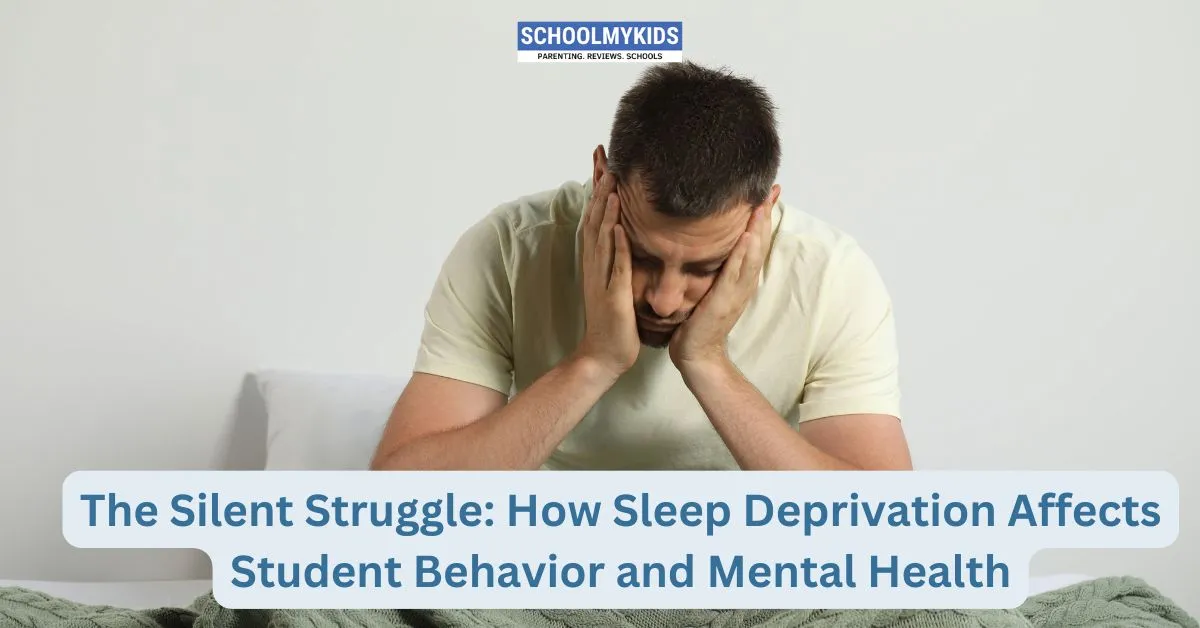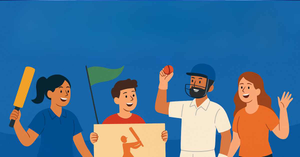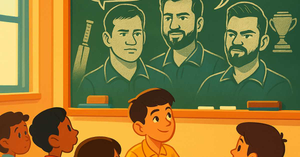Let's talk about something huge that often flies under the radar: sleep, or rather, the serious lack of it in students' lives. We push kids (and they push themselves) with homework, sports, clubs, maybe a part-time job, and fitting in a social life… but where does sleep fit in? Too often, it's the first thing to get chopped.
We need to chat about this Silent Struggle: How Sleep Deprivation Affects Student Behavior and Mental Health, because it's hitting harder than most people realize.
Running on Empty: Why It Messes with Behavior?
Think about the last time you pulled an all-nighter or just had a few nights of bad sleep. Were you sunshine and roses the next day? Probably not. Now, imagine that being the norm for a teenager whose brain is still under construction.
When kids are chronically sleep-deprived, it shows up, often in ways we mistake for something else:
- The "Zoned Out" Kid: They're physically present in class, but their brain's checked out. It’s not always boredom; sometimes it’s just pure exhaustion making it impossible to track the lesson. Think serious brain fog.
- Irritability and Short Fuses: Everything feels annoying. Small frustrations blow up. Teachers might see defiance, parents see moodiness, but underneath it? Often, it's a brain screaming for rest, making emotional control incredibly difficult.
- Impulsivity: Tired brains struggle with decision-making and impulse control. That might look like blurting things out, making silly mistakes, or engaging in riskier behaviors because the "thinking" part of the brain is offline.
- Hyperactivity (Yep, Really!): Especially in younger kids, sometimes being overtired looks like being wired. They can't settle down, fidget constantly – it can even mimic ADHD symptoms.
It’s not just a "bad attitude." Their brains literally don't have the resources to manage focus, emotions, and impulses properly when they haven't recharged.
More Than Just Grumpy: The Mental Health Connection
This is where it gets really concerning. Chronic sleep deprivation isn't just about feeling tired; it digs deep into mental well-being. There’s a scary-strong link between poor sleep and mental health struggles:
- Anxiety on Overdrive: Lack of sleep can crank up the brain's worry circuits. Everything feels more stressful, and it's harder to calm down. It can trigger anxiety in kids prone to it or make existing anxiety way worse.
- Dragging Down Mood: Sleep and depression are tightly linked. Not getting enough rest can contribute to feelings of sadness, hopelessness, and a lack of motivation. It becomes a vicious cycle – feeling down makes it hard to sleep, and not sleeping makes you feel even worse.
- Emotional Rollercoasters: Remember that short fuse? Magnify it. Sleep deprivation makes it harder to regulate all emotions, leading to bigger mood swings and feeling overwhelmed much more easily. Resilience takes a nosedive.
- Stress Overload: A tired brain perceives threats more intensely. Everyday stressors that a well-rested student might handle feel like massive crises, leading to burnout.
It fundamentally messes with brain chemistry, making kids more vulnerable to mental health challenges or pouring gasoline on existing ones.
And Yeah, Grades Suffer Too...
It almost goes without saying, but if you can't focus, regulate your mood, or stay awake, learning is going to be tough. Sleep is crucial for consolidating memories – basically, moving information from short-term recall to long-term storage.No sleep? That math lesson or history chapter might as well vanish into thin air. Lower grades aren't always about lack of effort; sometimes, the brain simply wasn't given the downtime it needed to process and store the information.
Let's Stop Blaming the Kids
It’s easy to label a student as "lazy," "disruptive," or "unmotivated." But how often do we pause and wonder, "Are they actually getting enough sleep?" Before jumping to conclusions about attitude, we need to consider exhaustion as a potential root cause. It requires empathy and looking beyond the surface behavior.
The Takeaway? Sleep Isn't Optional
For students navigating the pressures of growing up and school, sleep isn't a luxury; it's a fundamental pillar of health, right up there with food and water. It impacts their ability to learn, manage their emotions, behave appropriately, and maintain their mental health. Ignoring sleep deprivation is like ignoring a flashing warning light on the dashboard.
We – parents, educators, and the students themselves – need to start treating sleep with the seriousness it deserves. Recognizing this silent struggle is the first step towards helping kids be healthier, happier, and more successful, both in and out of the classroom.








Be the first one to comment on this story.